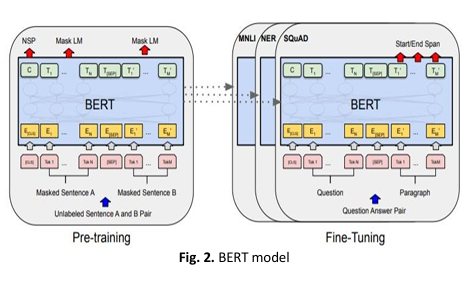Uncovering Depression on Social Media using BERT Model
DOI:
https://doi.org/10.37934/ard.129.1.4659Keywords:
depression detection, sentiment analysis, mental health early intervention, deep learning, BERT modelAbstract
The lack of early detection and effective treatment programs for depression has left millions struggling with mental illnesses, including anxiety, sleep disorders and, in severe cases, self-harm or suicide. Adolescents and young adults, who are among the most active users of social media platforms like Twitter, represent a particularly vulnerable demographic. With Twitter often serving as a digital diary where individuals share thoughts and emotions, its data offers a unique opportunity for mental health research. This study explores the potential of leveraging Twitter data to detect depression and identify at-risk individuals. Using advanced machine learning techniques, including Natural Language Processing (NLP) with the BERT (Bidirectional Encoder Representations from Transformers) model, this research builds a predictive system that analyses linguistic cues, sentiment and user interactions. The methodology involves integrating and preprocessing data from multiple sources, ensuring a comprehensive and reliable approach to model development. The findings demonstrate the BERT model’s superior accuracy, outperforming traditional machine learning methods like Logistic Regression and Support Vector Machines. This study underscores the effectiveness of social media as a tool for early detection and intervention, offering an innovative approach to mitigating the global burden of mental health disorders.
Downloads























